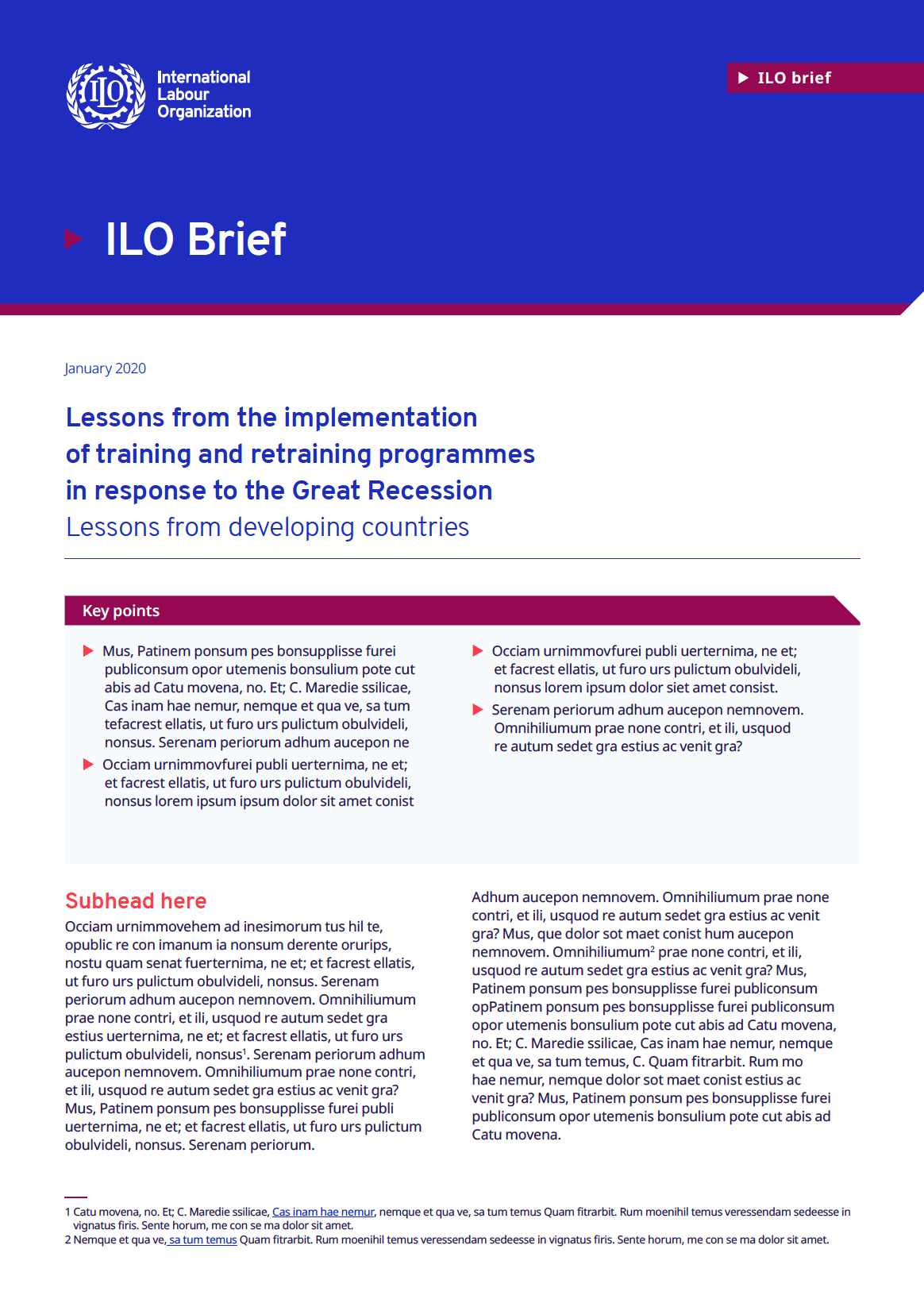Linking women with agribusiness in Zambia: Corporate social responsibility, creating shared value and human rights approaches
Throughout Africa, women struggle to enter and operate highly productive and profitable agricultural enterprises. Some of the most consistent barriers to women’s participation and empowerment in agriculture and agribusiness include limited and unequal access to finance, land, inputs, and labor; barriers to acquiring skills; and cultural and traditional forces, at home and in public life, that give women few options and little voice to pursue opportunities.
The goal of this research is to derive good practices that enable women to participate more equitably and productively in development led by Africa’s private sector. The analysis examines how women—largely as farmers and employees, but also as entrepreneurs in their own right—are participating in agribusiness. Under what terms and conditions do women participate? What can be done to develop better links between women and agribusiness and improve women’s economic empowerment? To introduce specificity to this inquiry and derive practical recommendations anchored in experience, the research focuses on Zambia, where companies increasingly work with women farmers and employees, and some businesses are interested in programs designed to increase profits while achieving social and developmental goals such as women’s empowerment.




